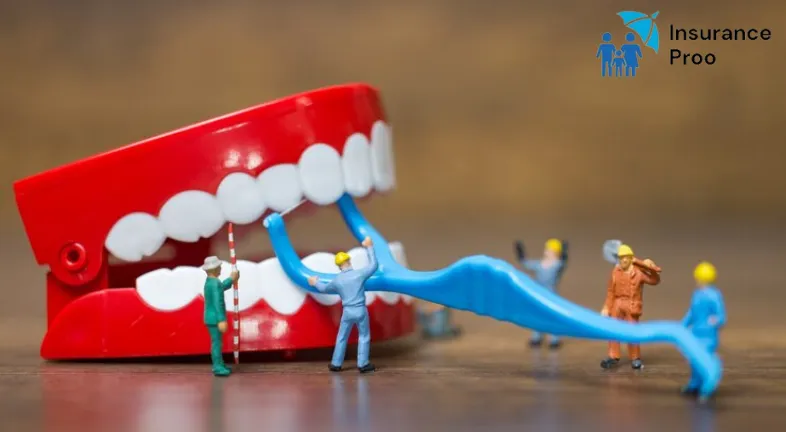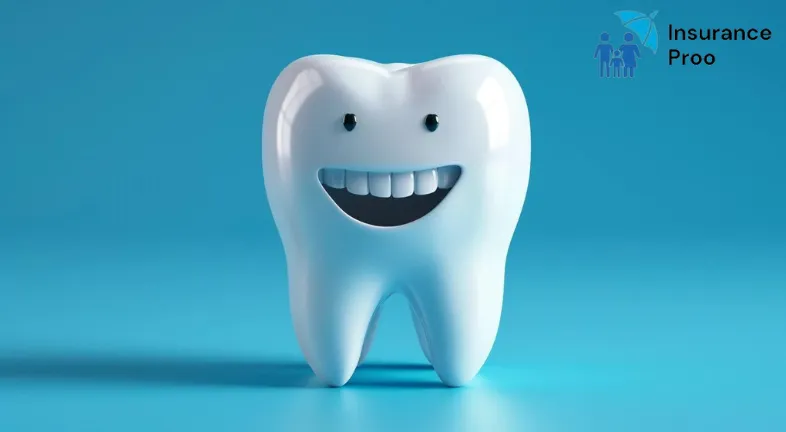SINGLE TOOTH IMPLANT WITHOUT INSURANCE
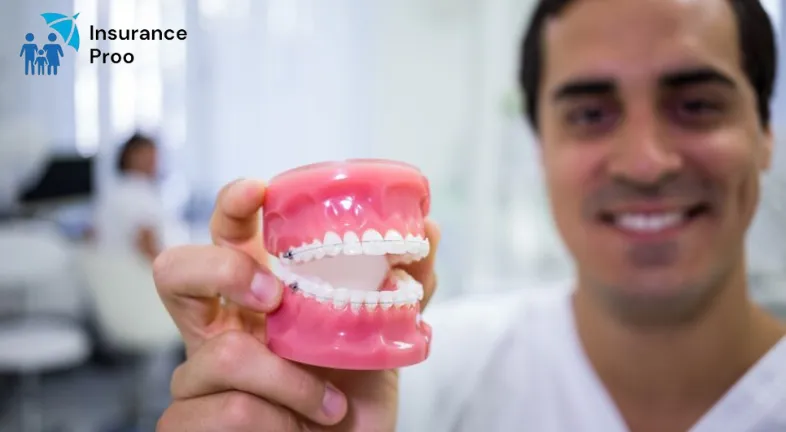
Revealing the Price of a Single Tooth Implant:
A Handbook for Patients on a Budget Losing a tooth can affect not only how you smile but also how well you can chew and speak. Dental implants provide a long-lasting and aesthetically beautiful way to replace lost teeth. Without insurance, the price of a single dental implant can be prohibitive. This thorough tutorial explains the variables that affect implant costs and looks at possible ways to control them.
Comprehending the Label: An Analysis of Expense Items
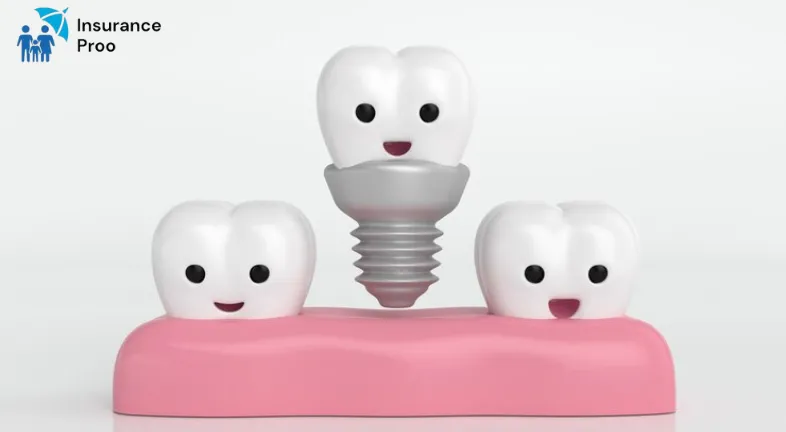
A single tooth implant operation might have widely differing costs based on a number of variables. Below is a summary of the major factors that affect the total cost:
- The implant itself is a biocompatible titanium screw that is surgically inserted into your jawbone to serve as a substitute for your natural tooth root. Cost factors include implant brand, material quality, and system complexity.
- The connecting element known as the abutment fills the space created by the implant and the prosthetic crown. Price may vary depending on material (usually titanium) and abutment design intricacy.
- The Artificial Crown is a specially designed tooth that rests above the abutment and emulates the appearance and functionality of a real tooth. The cost can be affected by the material (porcelain, zirconia, etc.) and the lab expenses related to its manufacture.
- Surgical Fees: The cost of the procedure to place an implant depends on the surgeon’s training, experience, and practice location.
- Anesthesia: The cost of the procedure may vary depending on the kind of anesthesia utilized (general, local, or sedation).
- Preliminary Procedures: If further work is required before implant implantation, like as bone grafting or tooth extraction, the total cost may increase.
- X-rays and Diagnostic Tests: To determine the health of your jawbone and to arrange the placement of the implants, diagnostic treatments such as X-rays, CT scans, or 3D imaging may be necessary. These procedures will add to the total cost.
Disclosure of Additional Cost Factors
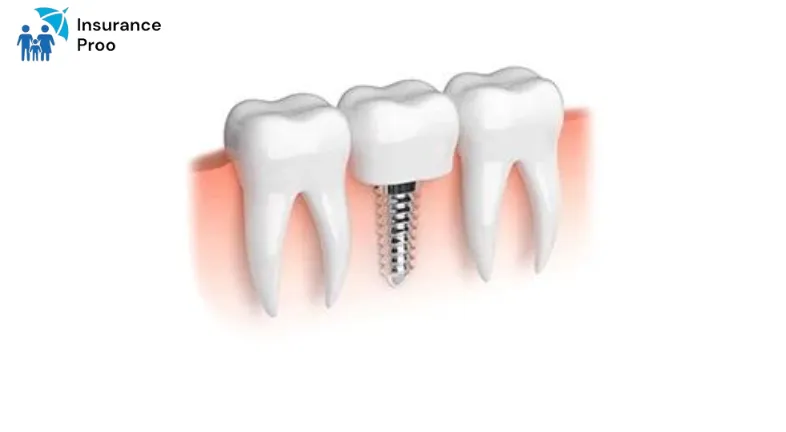
Think about the following extra elements that could affect the ultimate cost in addition to the essential ones:
- Geographic Location: Dentists, surgeons, and labs may charge different prices depending on the cost of living in your location. Costs are generally greater in urban areas than in rural ones.
- Consultation Fees: For the first assessment to determine whether you are a good candidate for dental implants, certain dentist offices may charge a consultation cost.
National Averages: A Base for Comparative Analysis
It’s critical to keep in mind that national averages only give a partial picture of costs. The American Association of Oral and Maxillofacial Surgeons reported in 2023 that the typical expense of a single tooth implant can vary from $3,000 to $6,000. But keep in mind that this is only an estimate, and the actual cost could vary based on the previously listed factors.
Options for Financing: Dividing the Expense Over Time
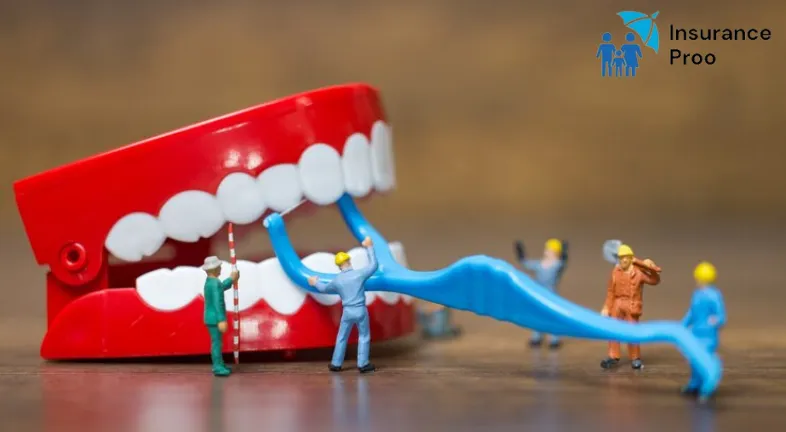
One tooth implant’s initial cost can be a major financial barrier. Consider the following financing options:
- Dental Payment programs: If you’d want to spread out the expense of your implant treatment over a few months, many dental practices offer in-house financing programs.
- Care Credit: This well-liked healthcare financing choice provides a range of interest-free or low- interest payment options.
- Health Savings Accounts (HSAs): If you have an HSA, you can use pre-tax contributions made to the account to pay for dental implants and other eligible costs.
Examining Different Approaches: Comparing Your Choices
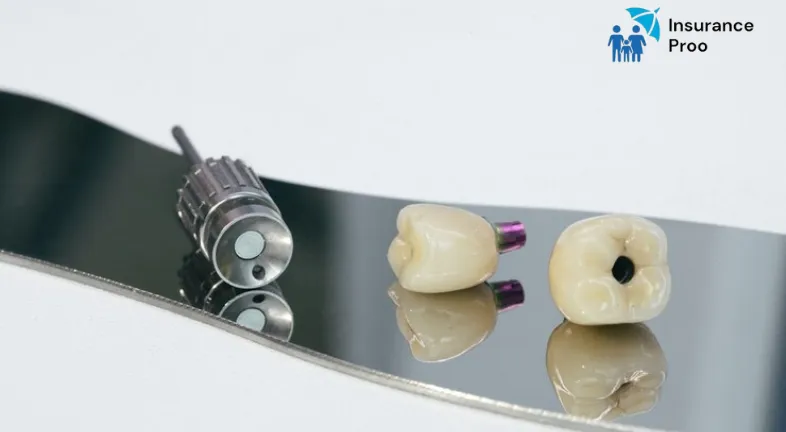
Although dental implants have many benefits, you should think about other options based on your situation and budget:
Dental Bridges: To support a prosthetic tooth, these conventional bridge constructions rely on healthy teeth on either side of the gap. Usually less expensive than implants, they may need to be modified in order to preserve good teeth.
Dentures: A single lost tooth or several missing teeth can be replaced with partial dentures.
Dentures, however, may not be as pleasant or secure as implants, which may affect how well you can chew.
CONCLUSION:
A dental implant is an investment in your general and oral health when it replaces a lost tooth. Making an informed selection is facilitated by being aware of the cost components, looking into financing alternatives, and weighing other solutions. It is essential to examine your particular situation, treatment alternatives, and associated expenses with a trained dentist or oral surgeon. Keep in mind that having a healthy smile is crucial to your overall wellbeing. By considering all of your alternatives, you may discover a solution that satisfies both your dental needs and budget.

